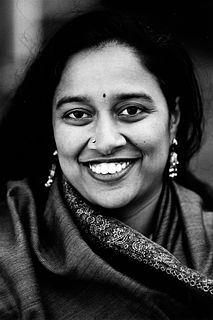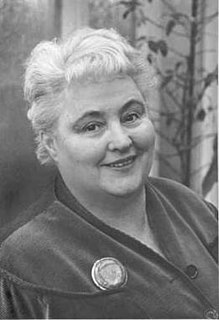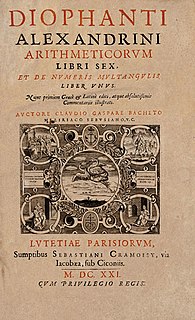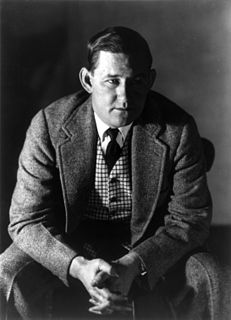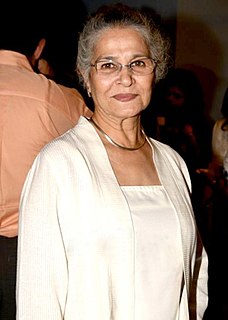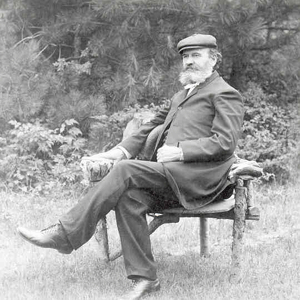A Quote by Frances Hesselbein
I lost my son in late 2011. He had been totally incapacitated from his neck down for the last eight years of his life, but his mind was alive and brilliant in those years. He even wrote a book, 'Allegheny Mountain,' lying at home in his hospital bed.
Related Quotes
And my father left me a legacy of his handwriting through letters and a notebook. In the last two years of his life, when he was sick, he filled a notebook with his thoughts about me… There are times when I want to trade all those years that I was too busy to sit with my dad and chat with him, and trade all those years for one hug. But too late. But that's when I take out his letters and I read them, and the paper that touched his hand is in mine, and I feel connected to him.
When Mr. William Faraday sat down to write his memoirs after fifty-eight years of blameless inactivity he found the work of inscribing the history of his life almost as tedious as living it had been, and so, possessing a natural invention coupled with a gift for locating the easier path, he began to prevaricate a little upon the second page, working his way up to downright lying on the sixth and subsequent folios.
He pulled the Carstairs family ring from his finger and held it out to Will. "Take it." Will let his eyes drift down toward it, and then up to Jem's face. A dozen awful things he could say, or do, went through his mind. One did not slough off a persona so quickly, he had found. He had pretended to be cruel for so many years that the pretense was still what he reached for first, as a man might absently turn his carriage toward the home he had lived in for all his life, despite the fact that he had recently moved. "You wish to marry me now?" he said, at last.
He had thrown himself away, he had lost interest in everything, and life, falling in with his feelings, had demanded nothing of him. He had lived as an outsider, an idler and onlooker, well liked in his young manhood, alone in his illness and advancing years. Seized with weariness, he sat down on the wall, and the river murmured darkly in his thoughts.
The past--the wild charge at the head of his men up San Juan Hill; the first years of his marriage when he worked late into the summer dusk down in the busy city for young Hildegarde whom he loved; the days before that when he sat smoking far into the night in the gloomy old Button house on Monroe Street with his grandfather-all these had faded like unsubstantial dreams from his mind as though they had never been. He did not remember.
His epitaph: This tomb hold Diophantus, Ah, what a marvel! And the tomb tells scientifically the measure of his life. God vouchsafed that he should be a boy for the sixth part of his life; when a twelfth was added, his cheeks acquired a beard; He kindled for him the light of marriage after a seventh, and in the fifth year after his marriage He granted him a son. Alas! late-begotten and miserable child, when he had reached the measure of half his father's life, the chill grave took him. After consoling his grief by this science of numbers for four years, he reached the end of his life.
When his phone rang, he had to dig through his pocket to find it, and his fingers brushed against a pair of tiny earbuds he and Kat had last used in Monte Carlo. Hale smiled a little, realizing he hadn’t worn the tux in ages. It was just one of many ways his life had change in the years since a girl named Katarina Bishop crawled into his window and into his life." — Double Crossed by Ally Carter
Atul had a child from his first marriage but lost him when he was just 16 years old. His wife died 7-8 years later. He's really had a tough life. Probably these experiences have made him a more sensitive, caring and loving person... Had we been 20 years younger, we definitely would have had children.
I had been secretary of state for eight years, attorney general for four years, lieutenant governor for four years, and governor for four years - I had all these friends around the country - so I thought I could gin up a campaign not for me but against George W. Bush, against his war, against his economic policies, and against his education policies.
The evil of the actual disparity in their ages (and Mr. Woodhouse had not married early) was much increased by his constitution and habits; for having been a valetudinarian all his life, without activity of mind or body, he was a much older man in ways than in years; and though everywhere beloved for the friendliness of his heart and his amiable temper, his talents could not have recommended him at any time.
Many years ago, our father Ibrahim (AS) made a choice. He loved his son. But He loved God more. The commandment came to sacrifice his son. But it wasn't his son that was slaughtered. It was his attachment to anything that could compete with his love for God. So let us ask ourselves in these beautiful days of sacrifice, which attachments do we need to slaughter?
A library represents the mind of its collector, his fancies and foibles, his strength and weakness, his prejudices and preferences. Particularly is this the case if, to the character of a collector, he adds - or tries to add - the qualities of a student who wishes to know the books and the lives of the men who wrote them. The friendships of his life, the phases of his growth, the vagaries of his mind, all are represented.

